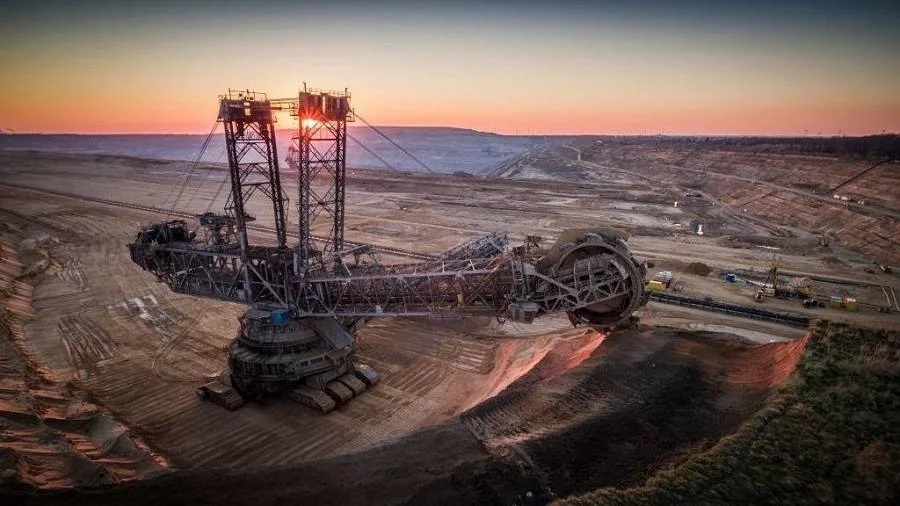Learn what high-strength steel is and check its operational loads. Read about 2 simple reasons why your business requires this type of steel.
 |
| High-Strength Steel |
What Type of Steel Is High-Strength Steel?
Strength is the most prominent steel feature, and a few materials can rival its overall durability.
Scientists and metal suppliers have gone even further and made high-strength steel that reaches the very physical limits of durability. A recent market report shows that this steel climbs the charts – it will exceed $44.2 billion in sales by 2023.
So, what is high-strength steel, what properties does it have, and when should you use it? This post provides the answers.
What is High-Strength Steel?
Strength is the ability of a material to resist mechanical load until it fails. It is measured in Megapascals (MPa) or pounds per square inch (psi). Strength comes in two forms:
- Yield strength – it determines the mechanical load required to deform a steel specimen.
- Tensile strength – it measures the pressure needed to break the material.
One can put steel into a high-strength category if it demonstrates a yield strength of over 300 MPa or 43,511 psi and tensile strength of over 500 MPa or 72,518 psi.
For comparison, conventional steel, like A36, exhibits a yield strength of 250 MPa or 36,300 psi.
But there are even sturdier high-strength steel types:
- Advanced– over 550 MPa or 80,000 psi.
- Ultra high-strength - over 700 MPa or 100,000 psi.
2 Beneficial High-Strength Steel Properties
High-strength steel stands out due to its superior deformation resistance. More durable metal tolerates higher construction loads and increases production capacity in virtually all industries. At the same time, higher ultimate strength gives metal a couple more beneficial properties.
Reduced Weight
Many businesses in the construction sector opt for high-strength steel as it allows for lighter metal structures. One can use thinner i-beams, rebars, and other reinforcing materials while keeping the building rigid and solid. Moreover, this feature involves a crucial advantage:
Lower Production Costs
High-strength steel is harder to produce – it comes at a higher price than softer steel. However, it allows businesses to reduce total production costs by 20% in the long run because:
- Less metal is required – companies can save on raw materials.
- Transporting lighter steel costs less money, resulting in reduced shipment costs.
- Production performance increases due to reduced metal weight and operation simplicity.
- Fewer welding and processing consumables are required due to less metal used.
- Lower installation costs for constructions.
High-Strength Steel Uses Today
 |
| High-Strength Steel Uses |
Today, high-strength steel finds application in plenty of sectors besides construction. Check them out below.
Lifting Equipment
High-strength structural steel capable of resisting 700-1,200 MPa or 100,000 – 170,000 psi does wonders for lifting equipment, especially cranes. Made of such steel grades, cranes can lift heavier. Most importantly, they can support longer booms that resist much higher bending forces.
Heavy Machinery and Mining
Mining drills, bulldozers, excavators, reclaimers – all these vehicles must be durable to serve for a long time, operating under immense loads. On top of that, 800MPa or stronger steels are used for mining facilities and equipment, like mining buckets. In total, these steels account for 70% of heavy-duty equipment production.
Automotive
Ultra high-strength steel in cars is very common. It allows automotive companies to reduce the weight of their vehicles by up to 45%. In its turn, a lighter car demonstrates excellent performance – it requires less fuel and behaves more predictably due to reduced inertia.
Final Thoughts
High-strength steel is many times stronger than conventional steel. It can resist over 550 MPa of mechanical load. Besides superior durability, this type of steel can also reduce production, transportation, and operating costs.
Such steel grades make an ideal material for mining, machinery, automotive, construction, and other sectors where equipment serves under high loads. If your business operates within any of these industries, opt for high-strength steel without hesitation.

